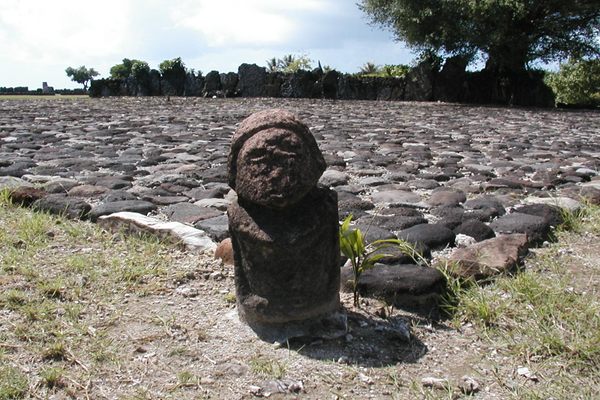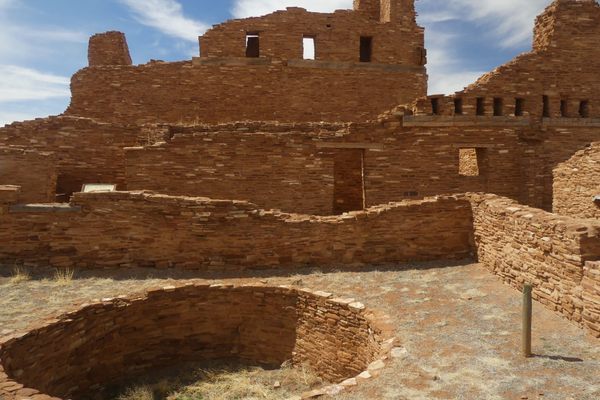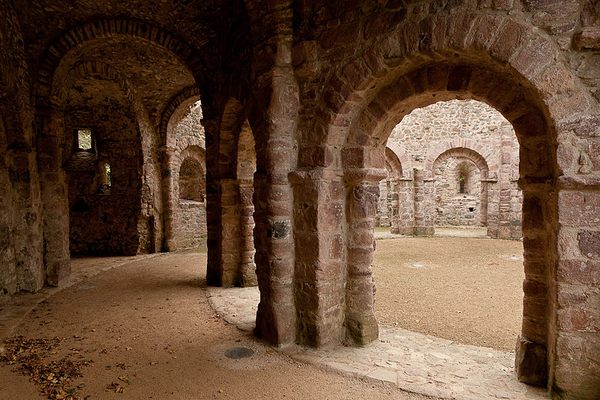About
Today, only one 1000-year-old minaret remains where The Minuchir Mosque of Ani once stood. There are some remains of the mosque's prayer room, but the lone minaret is a reminder of the fleeting power many rulers experienced during their time in Ani.
Ani was an major metropolis by 11th century standards and had a population well above 100,000 people. The center of the powerful Kingdom of Armenia, Ani was in the middle of a number of trade routes, in modern day Armenia and Eastern Turkey. Although the traffic gave the city diversity and wealth, it also made it vulnerable to attack and conquest.
In 1064, a powerful Seljuk force conquered the city with the help of people from the Caucasus. Killing and enslaving everyone, the Turkish force casually sold the city to a Kurdish dynasty called the Shaddadids. During this time, Ani was transformed from a predominantly Christian and Armenia population to a city with a stronger Islamic presence, and a large mosque was subsequently built.
Unfortunately for the recent Kurdish conquerers, there was constant unrest and Mongols from the east eventually sacked the city in the 13th century. After Mongol rule began, the city slowly declined and has been abandoned since the mid 18th century. Along with a few cathedrals and parts of the city walls, the minaret from the mosque is the most well-preserved relic of the town.
Although It has not been in use for years, when a Russian archeologist began exploring the site in the early 20th century, the mosque was briefly given new life as a storage facility for artifacts.
Related Tags
Published
October 27, 2011
























